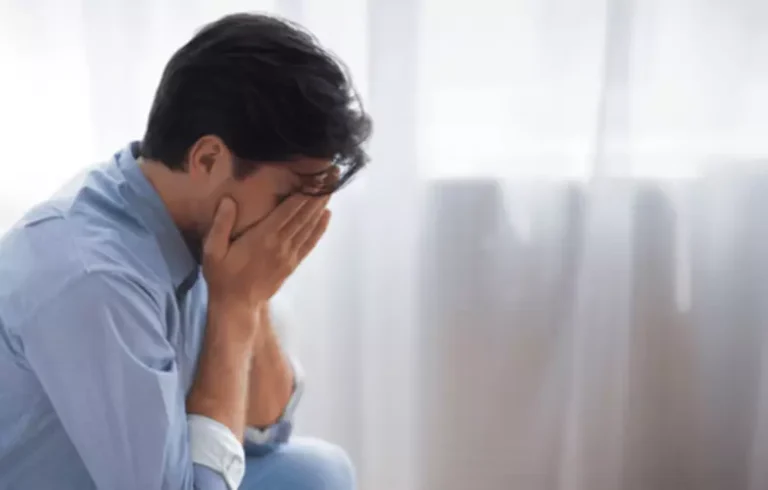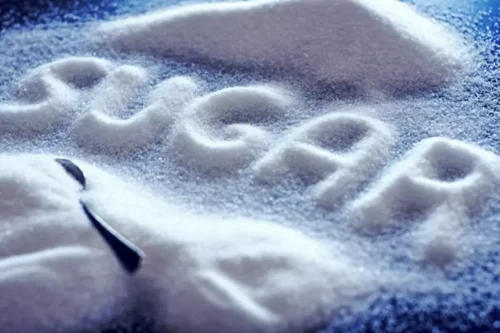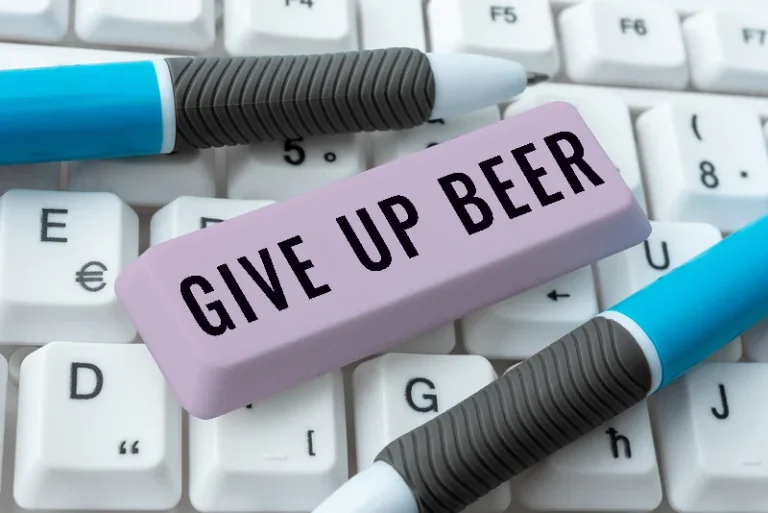
It is not recommended to use alcohol as a coping mechanism to avoid panic attacks and feelings of anxiety, as this can make the initial problem worse in the long term. Some people struggle with a disorder known as alcohol-induced panic attacks, in which they suffer from regular panic attacks after drinking alcohol. However, evidence shows that there is a direct link between alcohol and panic attacks. When we reach for alcohol in an effort to calm the symptoms of anxiety and panic, we can become trapped in a vicious cycle that may eventually lead to a physical or psychological addiction. If you’re feeling overwhelmed by your anxiety disorder, there are other ways to seek help. If you have a history of anxiety or mental disorders, make sure to share this with your healthcare provider so you know how alcohol or other substances may affect you differently.
How alcohol impacts anxiety
By treating your substance abuse and co-occurring disorders, you will finally have a solution that can help reduce your panic attacks. If you are frequently experiencing panic attacks after drinking alcohol, it is important to take a look at your drinking. Checking if you are regularly consuming over the recommended weekly limit of 14 units is a good start. However, you may want to cut back completely if alcohol is impacting your mental well-being through regular panic attacks.
- In the sequential approach to treating comorbid anxiety and AUDs one disorder is treated prior to addressing the other disorder.
- Even if someone starts drinking alcohol as a way to cope with anxiety, it can quickly have the opposite effect.
- One theory of why this happens is called the “tension reduction hypothesis.” This theory suggests that alcohol is used as a self-medicating method to reduce stress and anxiety.
- For example, someone who experienced a racing heart during a panic attack might avoid exercise or caffeine.
Think you have a drinking problem?

A study published by the National Library of Medicine concludes that approximately 40% of the population of industrialized countries has an intense fear of flying. Tingling and numbness can occur in the peripheral limbs, most notably in the hands and feet. In rare cases, these sensations can cause difficulty with gait, clumsiness and fine motor difficulties. AddictionResource aims to present the most accurate, trustworthy, and up-to-date medical content to our readers. Our team does their best for our readers to help them stay informed about vital healthcare decisions.
How to prevent alcohol causing or worsening anxiety

Similar to the other modalities described here, administration of these psychosocial treatment strategies for alcohol problems can be less straightforward with individuals who have comorbid anxiety and AUDs. Clients with social anxiety disorder, for example, may have difficulties with several elements of standard psychosocial approaches for alcoholism. Many treatment programs, as well as AA, heavily rely on the mutual help in group settings.
If you suffer from panic attacks, cut right down on your alcohol consumption, if you drink. It’s a natural human response and usually passes once the situation is over – for example around a job interview. But if you have feelings of anxiety that are constant, overwhelming, or affect your daily life, there are things you can do, and support that is available to help you manage. We have the experience and resources needed to match you with a detoxification alcohol and panic attacks programme that suits your budget and lifestyle – give our friendly team a call today and take your first step towards breaking the vicious cycle of alcohol and panic attacks. Drinking alcohol causes a number of immediate effects in your body – your heart rate may increase, your blood sugar drops and you may eventually become dehydrated. If you are sensitive to the effects of alcohol, these uncomfortable sensations can trigger a panic attack.

Several proposed explanations exist for the link, including genetics, a person’s environment, and the brain mechanisms related to addiction and anxiety symptoms. Panic disorder is generally treated with psychotherapy, medication, or both. A type of psychotherapy called cognitive-behavioral therapy (CBT) is especially useful as a first-line treatment for panic disorder.
- The potential range of common factors can be difficult to estimate, but a review of the literature shows that the most consistently proposed third variables are genetic factors and personality traits such as anxiety sensitivity.
- Food and Drug Adminstration (FDA) for the management of generalized anxiety disorder.
- Alcohol can cause several long term health issues, in addition to some of the personal challenges that come from the disorder.
- Alcohol doesn’t directly cause panic attacks, in the sense that those with panic disorder suffer from panic attacks with or without alcohol.
- Excessive consumption of alcohol causes dehydration, which can make you feel dizzy and increase your heart rate.
- It is apparent that the collective findings in this area do not unequivocally point to one pathway or exclude another.
- For example, if a grizzly bear came after you, your body would react instinctively.
- People can speak with a healthcare professional for help managing anxiety or mood disorder symptoms.
- Anxiety after drinking can result from alcohol’s impact on brain chemistry, dehydration, withdrawal symptoms, disrupted sleep, and pre-existing anxiety disorders.
- If you take medication for anxiety, or you take anti-inflammatory drugs or narcotics, drinking can cause problems with anxiety.
- A panic attack is a sudden episode of intense fear accompanied by a variety of physical symptoms despite no apparent danger.
The good news is that people can learn how to effectively manage their anxiety and stop their panic attack with the proper education and therapy tools. Standard delivery of RPT also may require a pivotal adaptation when applied to clients with comorbid anxiety disorders. RPT emphasizes the importance of identifying an individual’s unique risk factors (e.g., high-risk situations) for relapse and incorporates skill-development https://ecosoberhouse.com/ techniques to help reduce the likelihood of lapses and to manage them should they occur. It is widely understood in the RPT literature that negative emotional states are particularly perilous to recovery efforts. A classic analysis of over 300 relapse episodes implicated negative emotional states, conflict with others, and social pressure to use in nearly 75 percent of the relapses studied (Cummings et al. 1980).

In fact, 50% of people receiving treatment for alcohol use disorder also live with an anxiety disorder. You can also use positive affirmations, distractions, or breathwork to move through a panic attack. Depending upon the severity and underlying causes of your panic attacks, you might also work with a healthcare professional to determine if you could benefit from prescription medications or talk therapy. Learning that you can cope with a panic attack without drinking is empowering, and your body will learn how to relax without alcohol coursing through your bloodstream.
Panic Attack Symptoms
- Another proposed theory refers to an expectancy component in people with anxiety who use alcohol.
- A final line of support is found in differential comorbidity rates among samples of anxiety and alcohol patients.
- Specific support is also available if you need help with your drinking.
- Drinking can also cause hangovers, which usually consist of symptoms like nausea, dizziness and headaches.
But once you start drinking, you can build a tolerance to the de-stressing effects of alcohol. When you drink alcohol your brain releases a burst of serotonin that can make you feel euphoric and confident, only to crash when you stop drinking and your serotonin levels are lowered dramatically. If you take medication for anxiety, or you take anti-inflammatory drugs or narcotics, drinking can cause problems with anxiety. You can become agitated and jittery because your body is busy processing the alcohol, which neutralizes the effect of these medications. Even one drink can interrupt the natural cycles of sleep, causing a nervous or irritable feeling the next morning.








